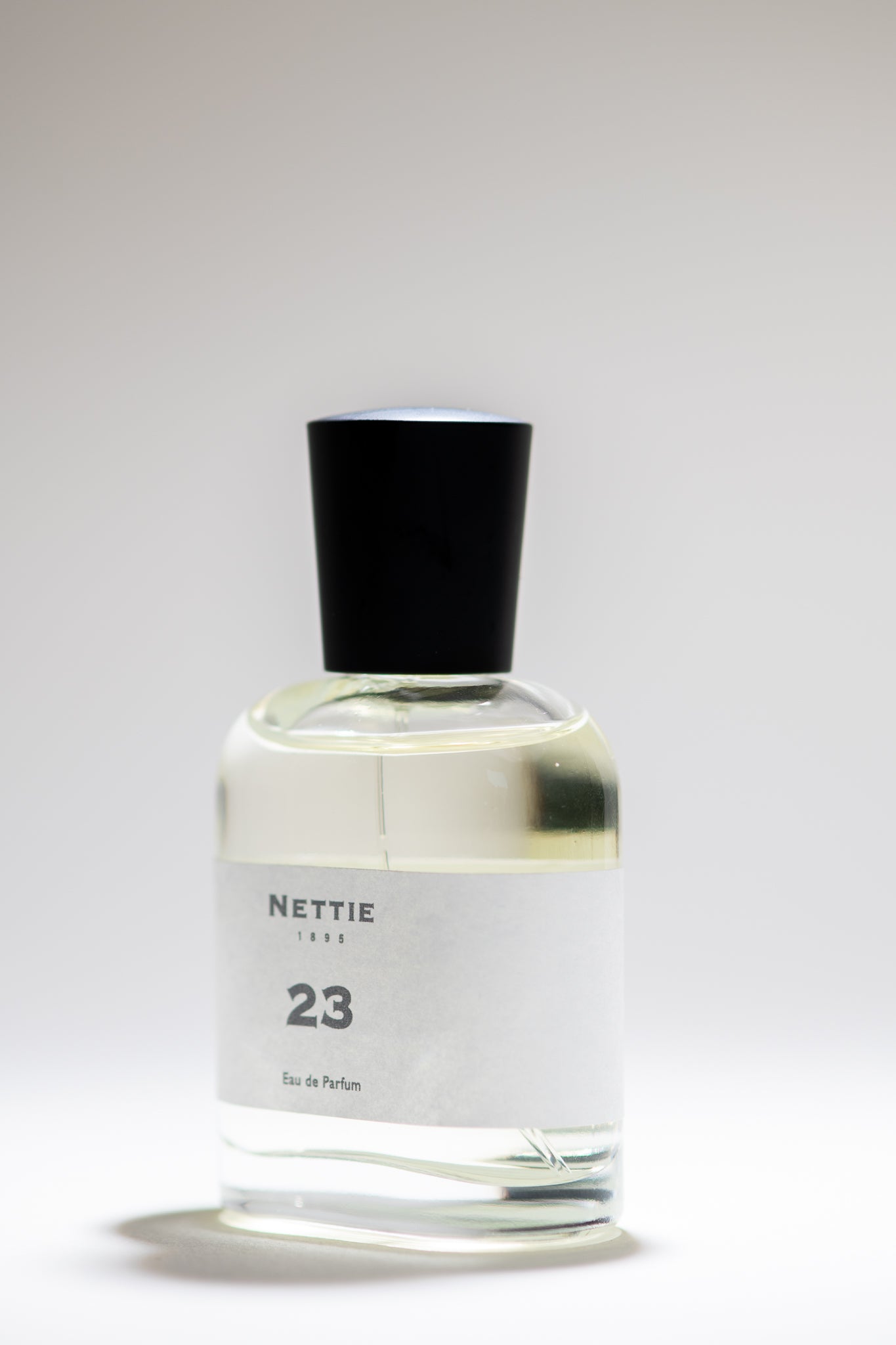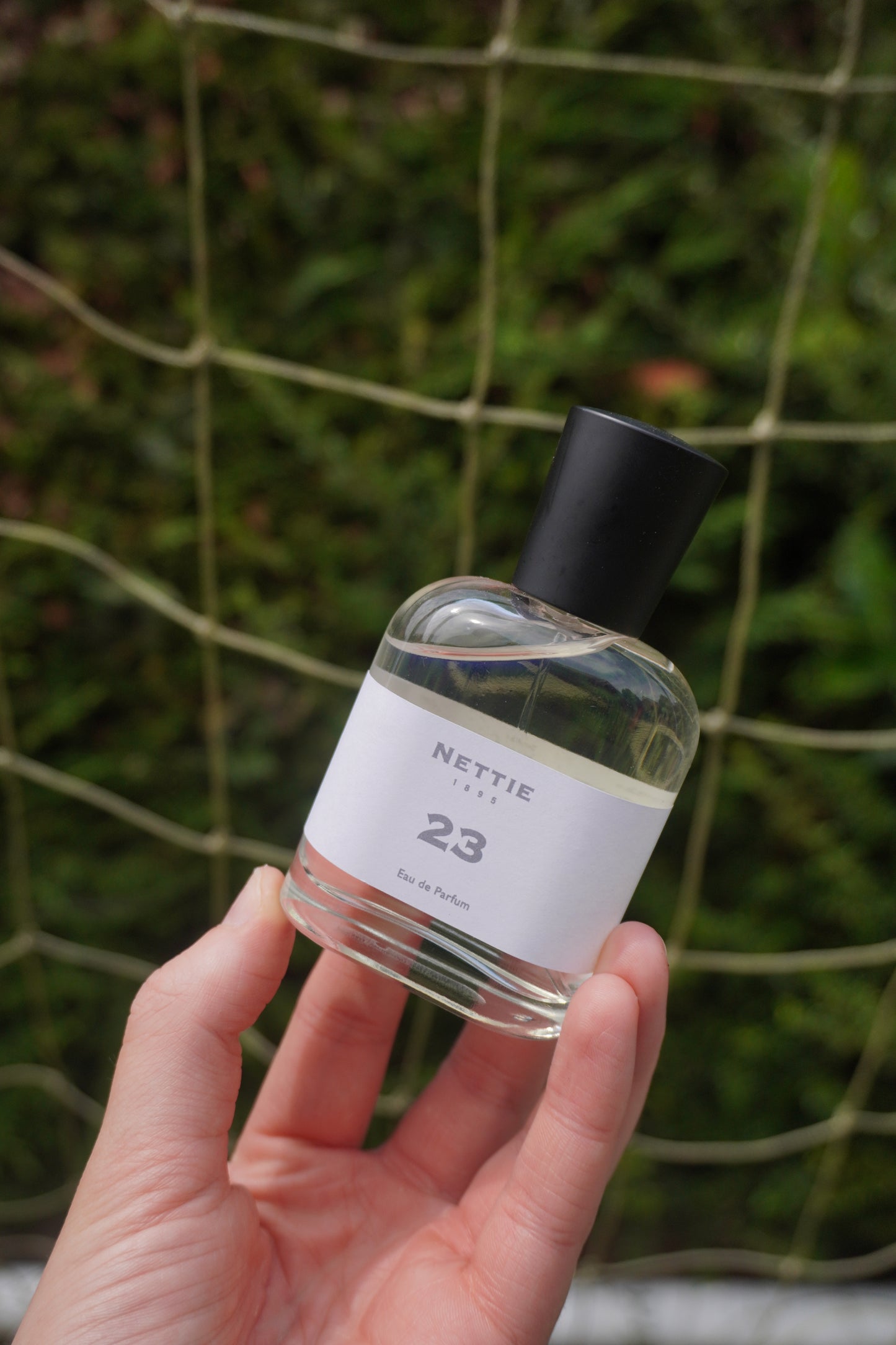23 Blog (6):Chapter Five: A Life in Three Names

By the time she turned thirty, she had three names and no idea which one truly belonged to her.
There was Ellen Dunn, born of soot and leather on Whitecross Street—her mother’s girl, her father’s fifth child, the one who somersaulted over vegetable crates and climbed lampposts with a grin.
Then there was Ruth Coupland, the phantom footballer, who dashed across muddy pitches in borrowed boots, all while keeping her chin up and her real name tucked safely away.
And, of course, there was Lily Flexmore—the creature of footlights and feathers, of split seams and sequins, of music hall magic and elastic limbs. The woman whose posters were pinned to public houses from Manchester to Margate.
Three names.
One body.
One soul.
And the growing suspicion that the world preferred her in pieces.

She’d never intended to lead a double life, let alone a triple one. But one disguise had led to another, and soon she’d become a master at slipping between them—like a quick-change artist backstage.
Ellen was who she was at sunrise. Bleary-eyed, hair in rags, writing letters to her sister Mabel back home.
Ruth was a whisper from the past. A name that came to her like smoke on foggy mornings, reminding her of muddy knees and roaring crowds. Sometimes she dreamed of matches she could no longer remember—blurred goals, phantom cheers, the thud of the ball against wet turf.
And Lily? Lily was the loudest of them all.
The one with fans. The one with money. The one who never had to explain herself.
But Lily was also a mask.
Painted. Polished. Performed.
There were nights when she sat alone in some rented room in Leeds or Limerick, half-undressed, combing out her curls, wondering which part of herself was the real one.
The truth was: they all were.
And none were enough.
Being a woman in her line of work came with rules. Unspoken ones. You could be cheeky, but not crude. Clever, but not threatening. Pretty, but not too proud. You had to sparkle without blinding, dance without tripping, and always, always smile.
Lily knew how to play the part.
But Ellen was growing tired.
She missed the days when applause was spontaneous. When laughter wasn’t measured. When success didn’t require so many versions of herself.
And yet… when the spotlight hit her, it still felt like home.
The light didn’t lie.
It warmed her. Held her.
Reminded her she was seen.
Her fame grew.
She toured with bigger acts, shared stages with names that would one day make it into history books (and some that wouldn’t make it out of debtor’s prison). She added comedy routines. Sang more. Danced less, though she could still twist herself into a pretzel if the crowd demanded it.
She learned to drink whisky without blinking and to read contracts twice.
She turned down offers to be someone’s mistress, someone’s wife, someone’s secret.
She said yes only to what felt honest.
Even if honest sometimes meant pretending.
One spring evening in Brighton, after a particularly lively show, she found herself sitting alone at a corner table in the stage door pub, nursing a half pint and humming under her breath. A man approached—well-dressed, moustache waxed, the kind of fellow who didn’t bother hiding the fact he thought highly of himself.
“You’re very talented,” he said.
“Thank you,” she replied, already bracing herself.
“And very… bendy.”
She gave him a long look. “And you’re very observant.”
He laughed. “What’s your real name?”
She raised an eyebrow. “Do you ask every actor who plays Hamlet what their real name is?”
“Hamlet’s not usually in stockings,” he said.
She drained her glass.
“And you, sir, are not usually clever.”
And with that, she left.
Men like him were everywhere. Men who thought a woman who performed must be for sale. That if you could fold your body, you would surely fold your dignity too.
Lily didn’t bother with them.
She had enough to carry—three names, for starters.
She didn’t need a fourth.
Sometimes, back in London, she passed by the old playing grounds at Crouch End. The pitch was smaller than she remembered. The trees older. The stands, long gone. But if she stood still, she could almost hear it: the scrape of boots, the cry of “Pass!”, the giddy laughter of girls doing something they weren’t supposed to.
She wondered what had become of the other players.
Had they married? Vanished? Changed names too?
Had they ever spoken of that day again?
And did they ever, like her, whisper the name “Ruth Coupland” with a smile?

Ellen, Ruth, and Lily.
She never fully untangled them.
She never tried to.
They were hers, all three. Born of the same girl who once dangled from market awnings and did handstands between horses.
And as long as the curtain kept rising, she would keep becoming them.
One by one.
For a woman without a single university degree, she knew more about the human condition than most men in tweed and lecture halls.
She knew what it meant to wear armour sewn with thread.
What it cost to make strangers laugh.
And what it felt like to be remembered by a name that was never yours to begin with.
But she also knew this:
If a name is worn long enough, and lived loud enough, it becomes real.
And Lily Flexmore—who once was Ellen, and sometimes Ruth—was very, very real indeed.











